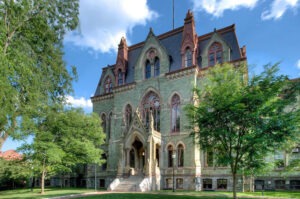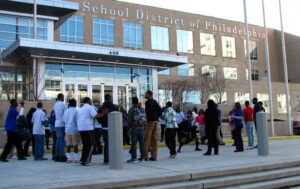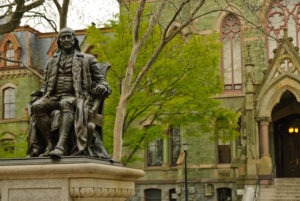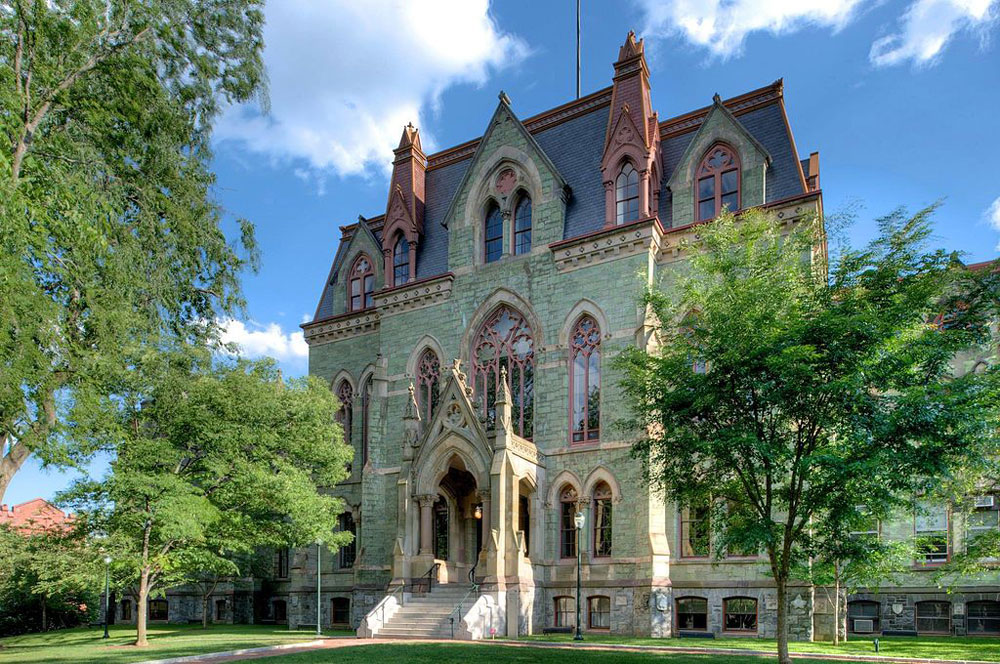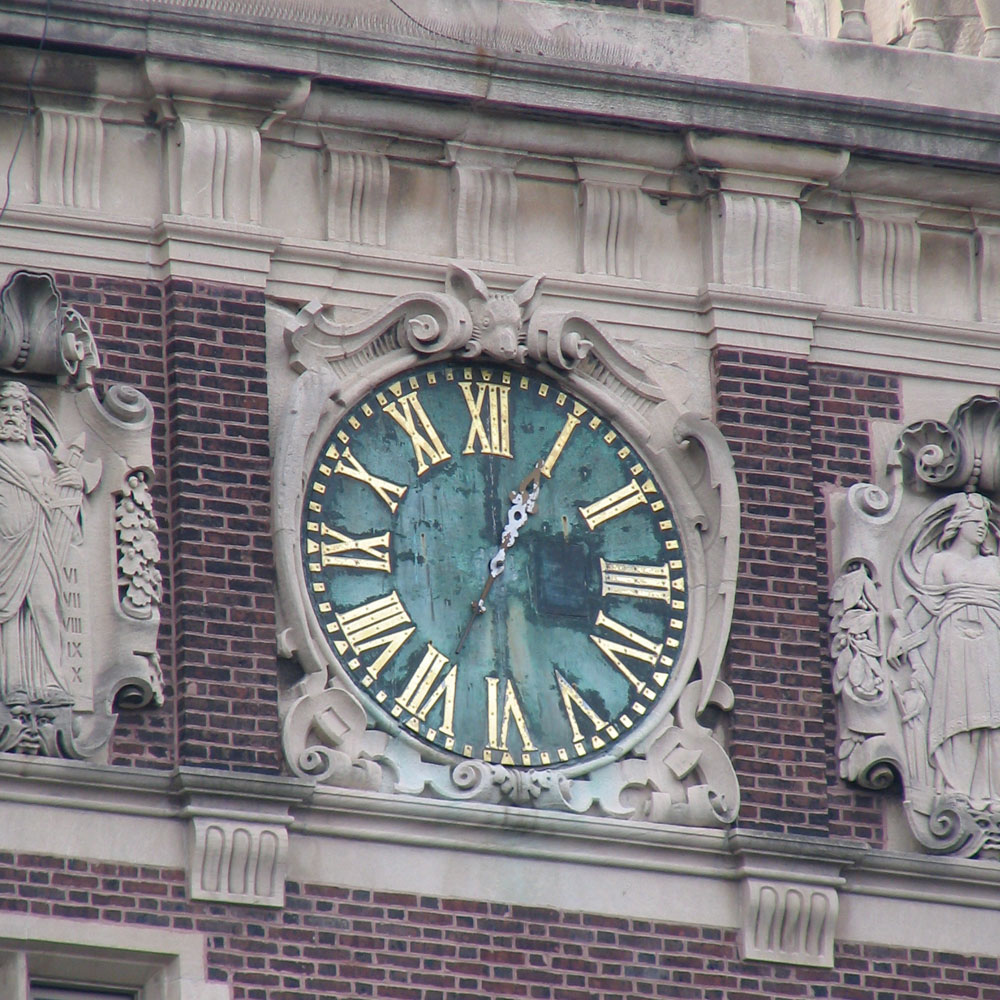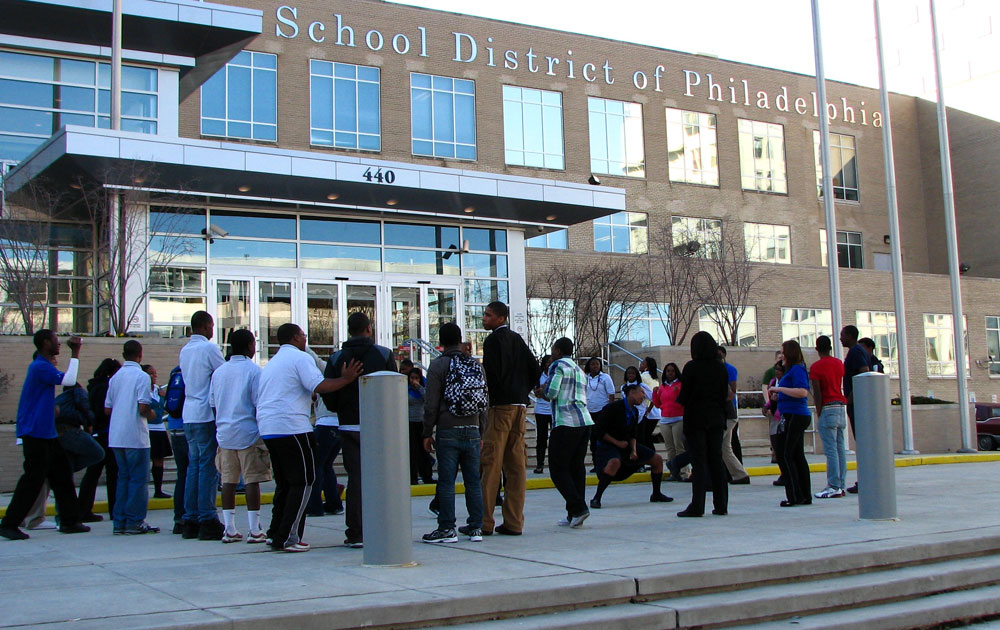
March 19, 2015; Daily Pennsylvanian and VTDigger
Revenue-raising proposals in Philadelphia and Vermont illustrate the need for nonprofits to engage in the legislative budget process earlier rather than later. In both instances, political leaders are looking toward the nonprofit sector for a way to balance their budgets.
The Daily Pennsylvanian, the University of Pennsylvania’s student newspaper, reports that a Philadelphia city councilman, who also happens to be a graduate of the university, is asking Mayor Michael Nutter to create a PILOT (payments in lieu of taxes) agreement between the City and “mega-nonprofits…to address the City’s school funding crisis.”
PILOTs are voluntary contributions that nonprofits pay for essential services like fire, police, and trash pickup because they are exempt from paying property taxes. Pennsylvania is a hotbed of PILOT activity. In Philly, property taxes pay a large part of the school district’s funding, and Mayor Nutter has proposed a nearly 10 percent increase for this year.
A PILOT agreement existed in the past, with Penn annually contributing $1.93 million between 1995 and 2000. This time around, the paper reports “University administrators have continued to emphasize the impact of their other contributions to Philadelphia public schools in lieu of PILOTs.”
“We…think that Penn and other nonprofits are far more effective by having actual programs and people in the classroom,” the university’s vice president told the paper, citing as an example the Penn Alexander School, which receives $800,000 annually from Penn.
In addition, Penn claims to be the largest private employer in the city, with its employees paying $85 million in wage taxes in 2009. Still, there seems to be support in the community and on the council for a new PILOT agreement to help out the public school system, in addition to the contributions made to specific institutions.
Sign up for our free newsletters
Subscribe to NPQ's newsletters to have our top stories delivered directly to your inbox.
By signing up, you agree to our privacy policy and terms of use, and to receive messages from NPQ and our partners.
Some community-based nonprofit advocates have also joined the PILOT bandwagon, reports the Pennsylvanian. Philadelphia Jobs with Justice has been one vocal advocate, specifically targeting Penn with petitions and activism.
Meanwhile, in Vermont “state house Democratic leaders have agreed to close the state’s $113 million budget gap with $35 million in new revenue, and the most likely vehicle for the lion’s share of that money is two changes to the income tax code that have nonprofits and real estate groups on edge,” reports VTDigger, a nonprofit statewide watchdog news website.
Legislators are considering a cap on itemized state income tax deductions and eliminating the deduction for the previous year’s state and local taxes. The House Ways and Means Committee will take up the proposals this week, with the support of the speaker.
Both real estate trade groups and nonprofits worry that the caps will affect charitable giving and home buying. That’s because two of the most popular deductions—accounting for nearly half of them—are for mortgage interest and charitable giving.
The Vermont Community Foundation opposes any changes to the tax code that “remove incentives or increase barriers” to giving, its president told VTDigger, acknowledging that incentives are not the primary reason that most people give.
Proponents of the cap dismissed the concerns, pointing out that Vermont residents will still be able to claim federal income tax deductions, which make up the lion’s share of them.
According to the Flynn Center, three states that capped charitable deductions have since reversed course, causing some legislators to pause, but fiscal conservatives in the legislature regard the income tax changes as “the best among bad options to raise revenue” and better than raising taxes. And, liberal lawmakers believe that the changes would introduce more progressivity into the tax code.
The website reports that, according to the legislature’s Joint Fiscal Office, most taxpayers who itemize won’t deduct enough to meet the cap, anyway. The measure, if passed, still leaves a $78 million deficit in the state budget.—Larry Kaplan


